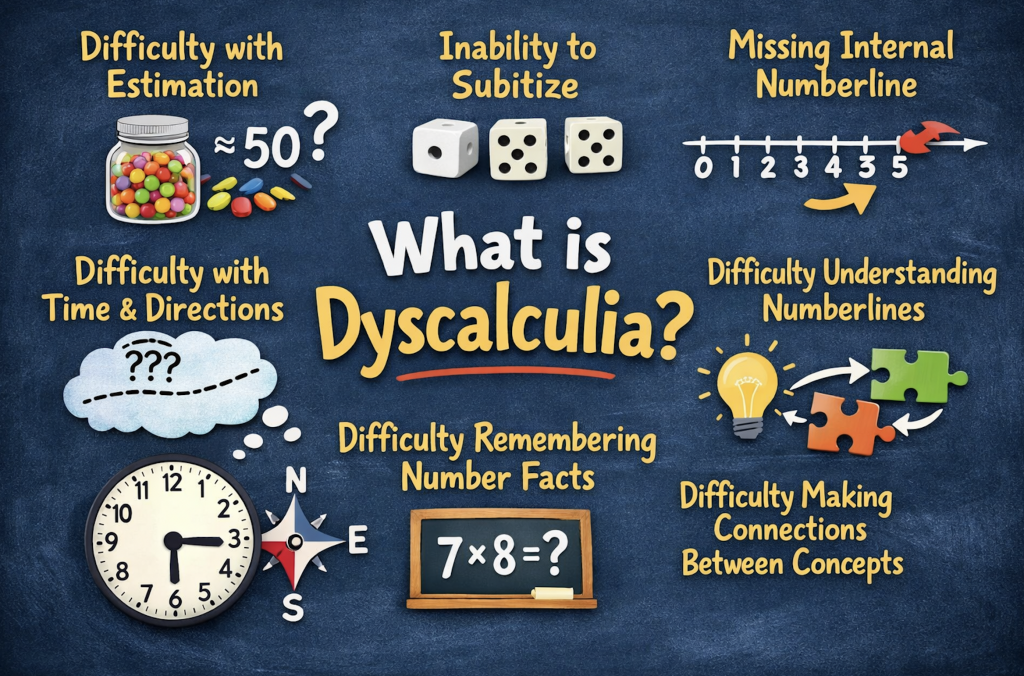
Picture and more information by DANAMATH.org


The parietal lobe, situated at the top of the brain, is a multifaceted region responsible for processing sensory information, spatial awareness, attention, and motor control. Let us take a look at more disorders arising from dysfunction of the parietal lobe.
Balint’s syndrome is like having blinders on your mind, not your eyes. It’s a condition where your brain has trouble putting together the whole picture of what you’re seeing. Imagine looking at a forest but only being able to see one tree at a time. Or trying to reach for a cup but missing it completely because you can’t guide your hand correctly.
This happens because of damage to a specific part of your brain called the parietal lobe. This area is important for understanding where things are in space and how to move your body in relation to them. When it’s injured, it can cause a mix of problems with vision and movement.
People with Balint’s syndrome often have trouble focusing their eyes on things, making it hard to follow objects as they move. They might also struggle to see more than one thing at a time, like the words on a page or the people in a room. And even if they can see something, they might have trouble reaching for it or picking it up.
It’s important to remember that people with Balint’s syndrome can see clearly, but their brain is having trouble processing the information. This can make everyday life very challenging, but with the right support and therapy, people can learn to adapt and manage the condition.
Dyscalculia is like having a foggy brain when it comes to numbers. It’s a learning difficulty that makes it hard to understand and use numbers. It’s not because someone is lazy or stupid; it’s how their brain works.
Imagine trying to learn a foreign language where the grammar rules just don’t click. That’s kind of what it’s like for someone with dyscalculia and numbers. Simple things like adding, subtracting, or even telling time can be a real struggle. It’s like having a puzzle with missing pieces when it comes to math.
This difficulty comes from differences in the brain. Researchers think that certain areas involved in number processing might not work as efficiently in people with dyscalculia. It’s important to remember that everyone’s brain is different, and having dyscalculia doesn’t mean someone isn’t smart. With the right support and strategies, people with dyscalculia can learn to manage their challenges and succeed.
Read more about this HERE
Record numbers of U.S. students severely struggle with math, but only a fraction of them receive screening and support targeting potential math disabilities.
While math teachers in a nationally representative EdWeek Research Center survey this spring estimated that 40 percent of their students perform below grade level in math, only 15 percent of teachers said their students have been screened for dyscalculia, a learning disorder that affects a person’s ability to understand number-based information and math.
See the full article HERE
A psychology student requested an exemption from statistics exams because she has dyscalculia. Her request was denied. She appealed this to the highest educational court, which decided against her, according to a ruling from last week.
Read the full story HERE
Converging evidence is growing that DD is associated with different altera
tions in brain function and brain structure. Recent work in the field of DD has
examined the neural aspects of this learning disorder by means of contemporary
brain imaging techniques such as electrophysiology and magnetic resonance
imaging (MRI). Using these methods (see below), we are able to generate high
resolution anatomical images of our brains, examine fiber tracts, gain metabolic
insights, observe brain activation, or measure temporal processes while partici
pants are performing a numerical task.
Read the full article HERE